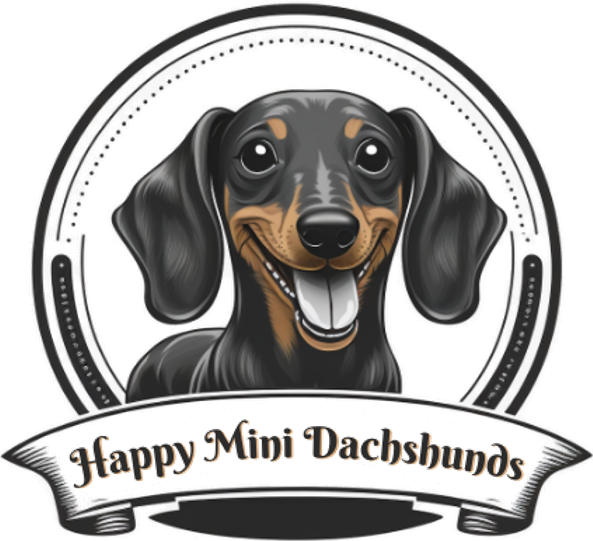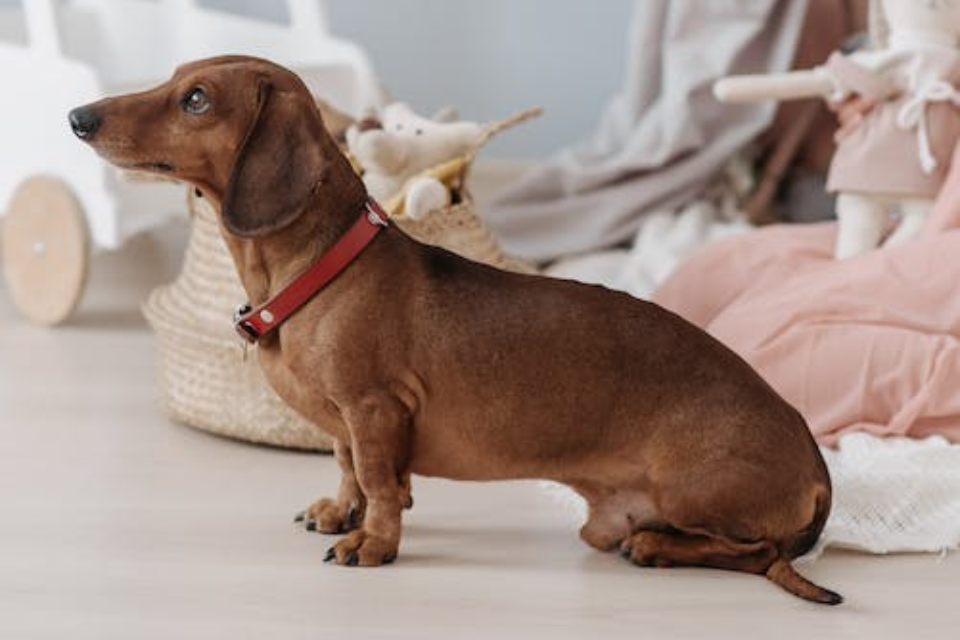When it comes to adopting a new dog, one of the most important considerations is their overall health. Among many other health concerns, back problems are one of the biggest concerns when it comes to Miniature Dachshunds. These adorable little dogs are incredibly popular pets, but they do have a reputation for being prone to back issues. In this article, we will explore the reasons why Miniature Dachshunds are more susceptible to back problems than other breeds and how you can help prevent these issues from occurring.
Key Takeaways:
- Miniature Dachshunds are prone to back problems due to their long bodies and short legs.
- Common signs of back problems in Miniature Dachshunds include reluctance to move, hunched posture, and yelping or crying when touched.
- With proper treatment and management, many dogs are able to recover and lead happy, active lives.
What Causes Back Problems in Miniature Dachshunds?
The anatomy of Miniature Dachshunds is one of the main reasons why they are prone to back problems. Their long, narrow bodies put extra pressure on their spines, which can cause a variety of issues. In addition, Miniature Dachshunds have shorter legs compared to their bodies, which puts additional stress on their backs when they run and jump.
Another issue that contributes to back problems in Miniature Dachshunds is their genetics. According to a study published in the Journal of the American Veterinary Medical Association, Miniature Dachshunds are one of the breeds most likely to develop intervertebral disc disease (IVDD). IVDD occurs when the discs between the vertebrae in the spine degenerate or herniate, putting pressure on the spinal cord and causing pain, weakness, and even paralysis.
Signs of Back Problems in Miniature Dachshunds
It’s important to be aware of the signs of back problems in Miniature Dachshunds so you can take action if you suspect your dog is suffering. Here are some common symptoms to watch out for:
- Difficulty standing or walking
- Reluctance to jump or climb stairs
- Limping or favoring a particular leg
- Loss of bladder or bowel control
- Yelps or whimpers when touched or moved
If you notice any of these symptoms, it’s important to take your dog to the vet as soon as possible. Early intervention can prevent further damage and increase the chances of a full recovery.
Related: Are Mini Dachshunds Hypoallergenic?
How to Prevent Back Problems in Miniature Dachshunds
While it’s impossible to guarantee that your Miniature Dachshund will never experience back problems, there are several things you can do to minimize the risk. Here are some tips to keep your pup healthy:
Keep Your Miniature Dachshund at a Healthy Weight
Extra weight puts additional stress on your dog’s back, which can lead to back problems over time. Make sure your Miniature Dachshund is at a healthy weight and avoid overfeeding or giving too many treats.
Use a Harness Instead of a Collar
When walking your Miniature Dachshund, use a harness instead of a collar. A harness distributes pressure more evenly across the body, which is especially important for dogs with long backs.
Provide Plenty of Opportunities for Low-Impact Exercise
Exercise is important for all dogs, but it’s especially important for Miniature Dachshunds. However, high-impact activities like jumping or running can put a lot of stress on your dog’s back. Instead, provide plenty of opportunities for low-impact exercise like walks or swimming.
Invest in a High-Quality Dog Bed
A supportive dog bed is essential for Miniature Dachshunds. Look for a bed with plenty of cushioning and support, and consider investing in an orthopedic bed to help prevent back problems.
Be Vigilant About Signs of Back Problems
Finally, it’s important to be aware of the signs of back problems in Miniature Dachshunds and to take action if you suspect your dog is experiencing any issues. Regular visits to the vet can also help catch any potential problems early on, before they become more serious.
Related: Are Miniature Dachshunds Easy to Breed?
Treatment Options for Back Problems in Miniature Dachshunds
If your Miniature Dachshund does develop back problems, there are several treatment options available. Depending on the severity of the issue, your vet may recommend:
- Rest and restricted activity
- Medications to manage pain and inflammation
- Surgery to repair or remove damaged discs
- Physical therapy to improve mobility and prevent future issues
In some cases, a combination of these treatments may be necessary for the best possible outcome.
Conclusion
While Miniature Dachshunds are more prone to back problems than other breeds, there are several steps you can take to minimize the risk. Maintaining a healthy weight, using a harness instead of a collar, providing low-impact exercise, investing in a high-quality dog bed, and being vigilant about signs of back problems can all help keep your pup healthy and happy.
If you do suspect your Miniature Dachshund is experiencing back problems, don’t hesitate to seek veterinary care. With early intervention and proper treatment, many dogs are able to recover and lead happy, active lives.

